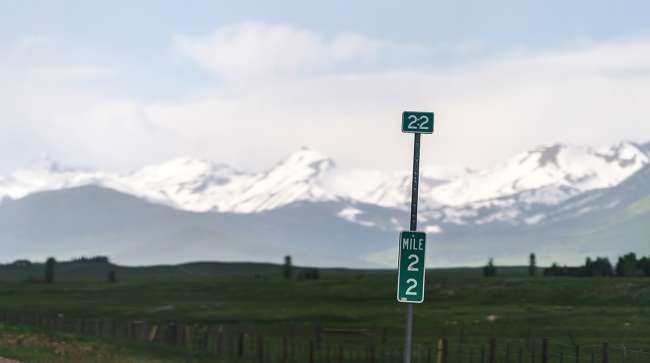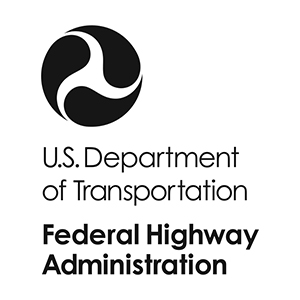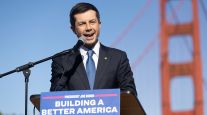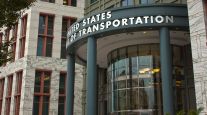Staff Reporter
FHWA Grants Will Support User-Based Funding Projects

[Stay on top of transportation news: Get TTNews in your inbox.]
The Federal Highway Administration recently awarded $18.7 million to eight projects that will test user-based funding methods.
The funding, announced March 16, was awarded through the Surface Transportation System Funding Alternatives program. Created by the Fixing America’s Surface Transportation Act of 2015, the program supports states that are exploring user-based revenue mechanisms.
The eight projects, which aim to evaluate mileage-based user fees (MBUF) and road usage charges, are represented by various state departments of transportation and transportation coalitions.
The Ohio Department of Transportation received a grant for $2 million, which will help the agency obtain data for an outreach program meant to educate the public about road usage charges. ODOT spokesman Matt Bruning said the Ohio General Assembly previously directed the agency to begin studying a vehicle miles traveled approach to transportation funding.

Bruning
“For decades, the preferred funding mechanism for roads and bridges has been through the motor fuel tax,” Bruning said. “However, as vehicles become more fuel efficient, the revenue from this source hasn’t been keeping pace with the cost of maintaining our infrastructure. The funds will be used to educate, research, demonstrate need and determine possible next steps forward.”
The Kansas and Minnesota departments of transportation received $3.25 million for a joint project to explore the impacts of a road usage charge system in the Midwest. This effort will focus on rural and agricultural populations as well as commercial freight and supply chain operators.
Some $4.67 million will support the Eastern Transportation Coalition and the Delaware Department of Transportation’s effort to test paths for MBUF in the District of Columbia, Delaware, Maryland, Maine, North Carolina, New Jersey, Pennsylvania and Virginia. Formerly the I-95 Corridor Coalition, the Eastern Transportation Coalition is a partnership of 17 states and the District of Columbia that has conducted pilot programs to examine MBUF.

With a grant for $1.25 million, the Utah Department of Transportation will develop road usage charge-specific customer service improvements, which are meant to increase public acceptance and attract more participants.
“Customer experience is a key ingredient in advancing acceptance of road usage charge policies and systems,” said Tiffany Pocock, manager of UDOT’s Road Usage Charge Program. “Funding this application for customer experience improvements will help Utah grow its own program and provide much-needed best practice guidance to other states.”
According to FHWA, the program is meant to help states explore ways to provide long-term support for the Highway Trust Fund. The federal fuel tax, which supports the Highway Trust Fund, has remained at 24.4 cents a gallon for diesel and 18.4 cents a gallon for gasoline since 1993. Program applicants are required to address equity concerns, such as user fees’ impacts on different income groups and geographic areas.
Since 2016, the Surface Transportation System Funding Alternatives program has awarded $73.7 million to 37 projects, according to FHWA.
“The pilot projects under the STSFA program allow states to learn more about potential new user fees structures that can complement traditional funding sources that states rely on to build and improve the nation’s highway and bridge infrastructure,” said acting Federal Highway Administrator Stephanie Pollack.
Road usage charges have recently been the subject of national discussion. At an industry event in February, Transportation Secretary Pete Buttigieg suggested the merits of a usage charge system — so long as privacy concerns could be addressed.
On March 17, the American Transportation Research Institute released an analysis indicating the estimated cost to provide dongles — the hardware that plugs into vehicles’ onboard electronics systems to track miles — to the 272 million private vehicles registered in the U.S. is about $13.6 billion.
Want more news? Listen to today's daily briefing below or go here for more info:




